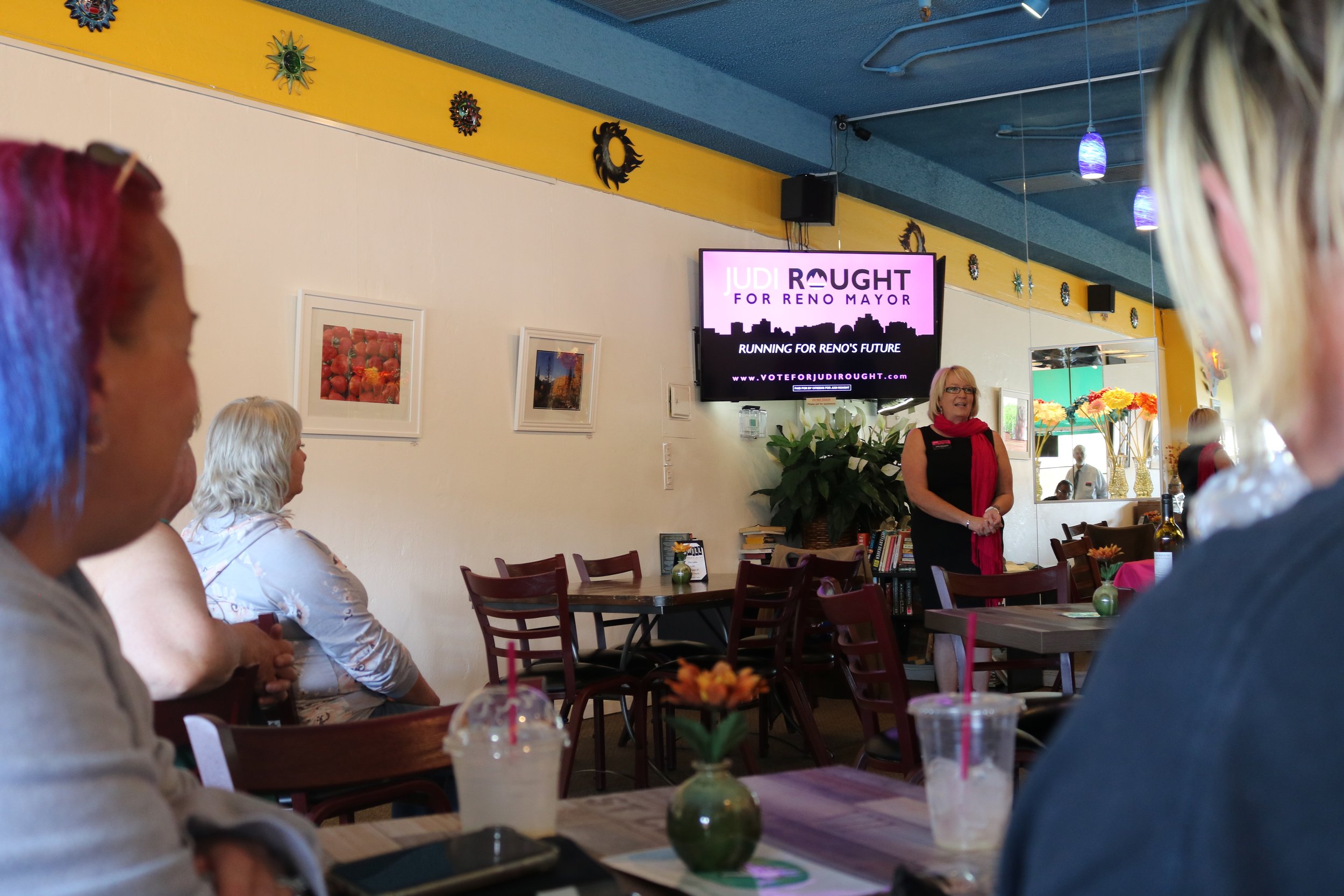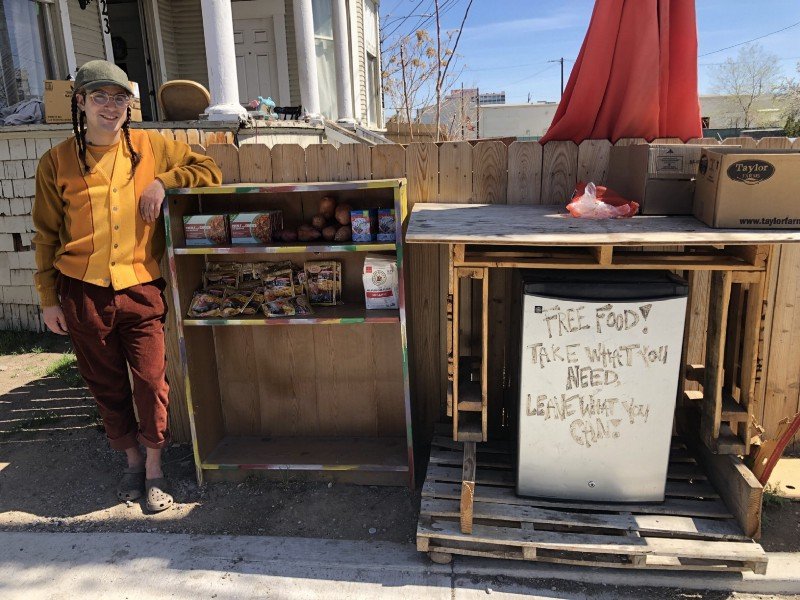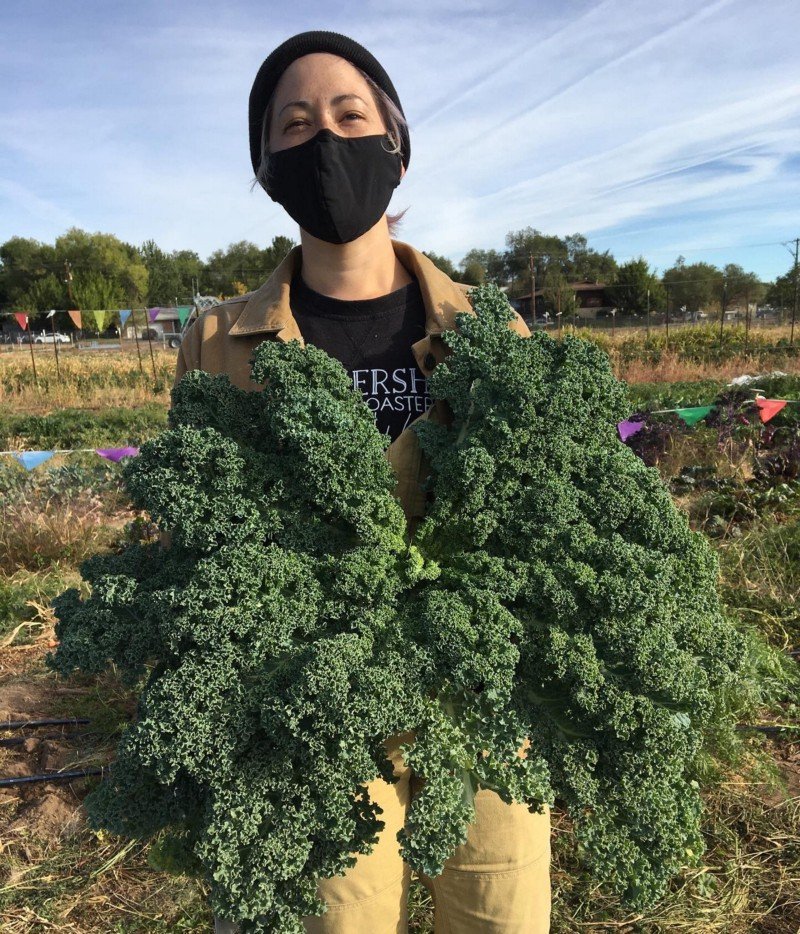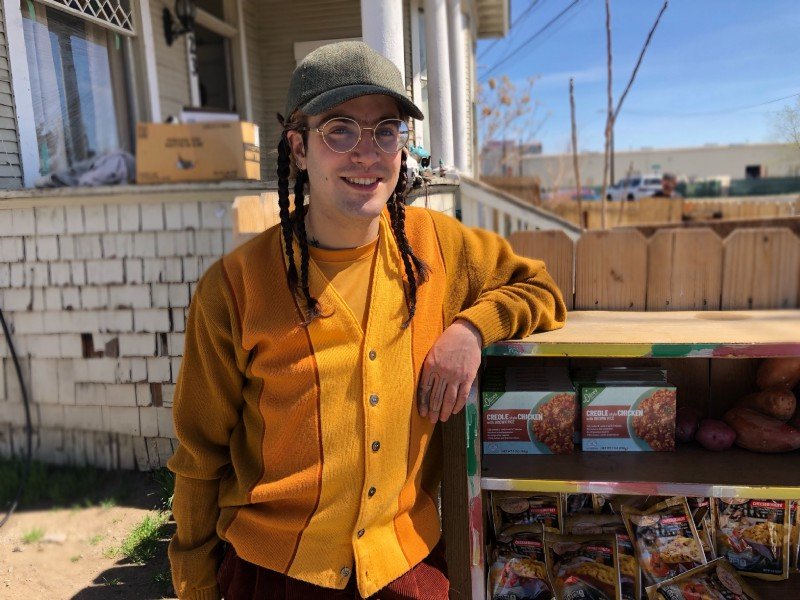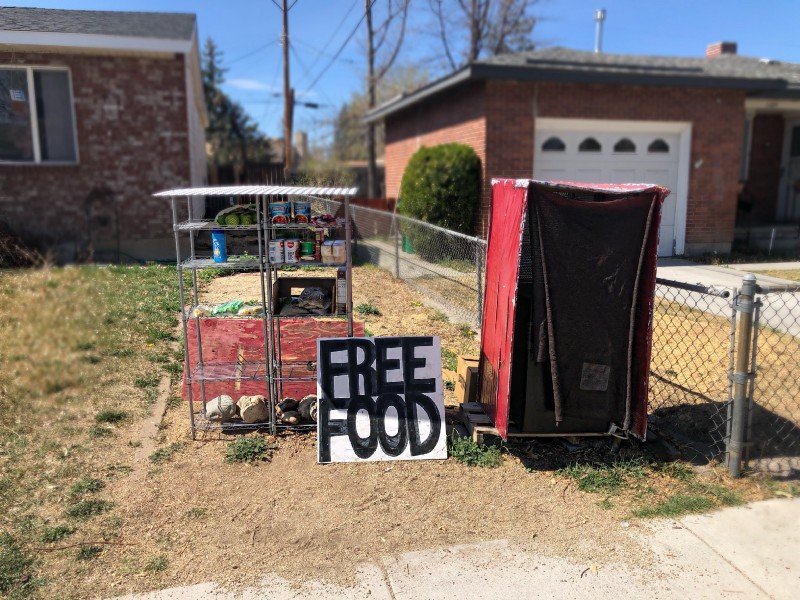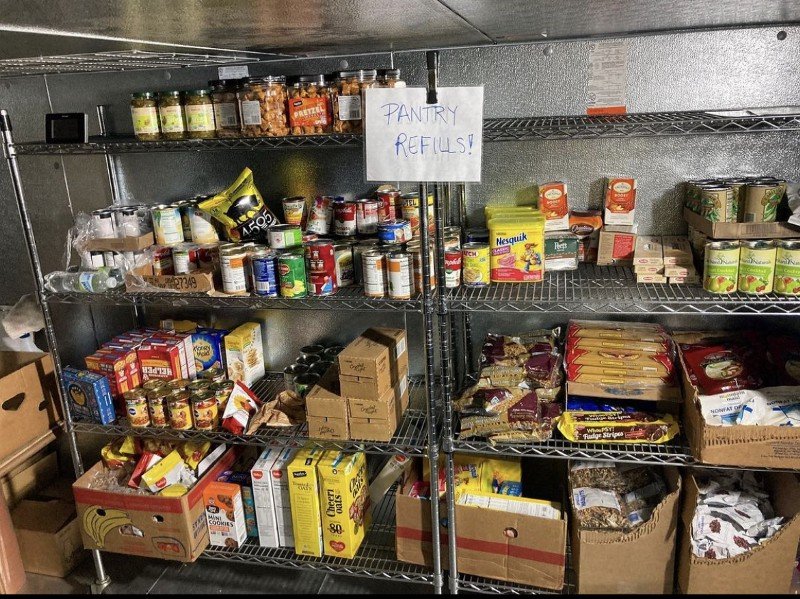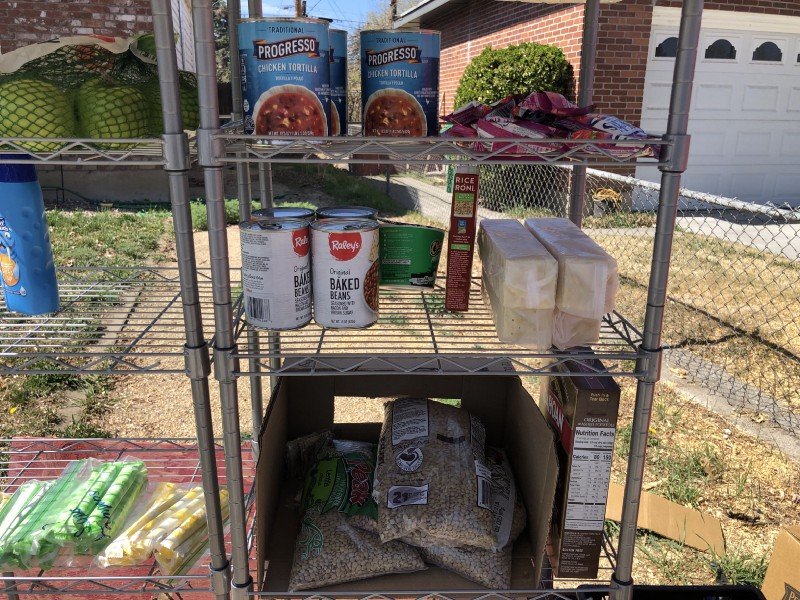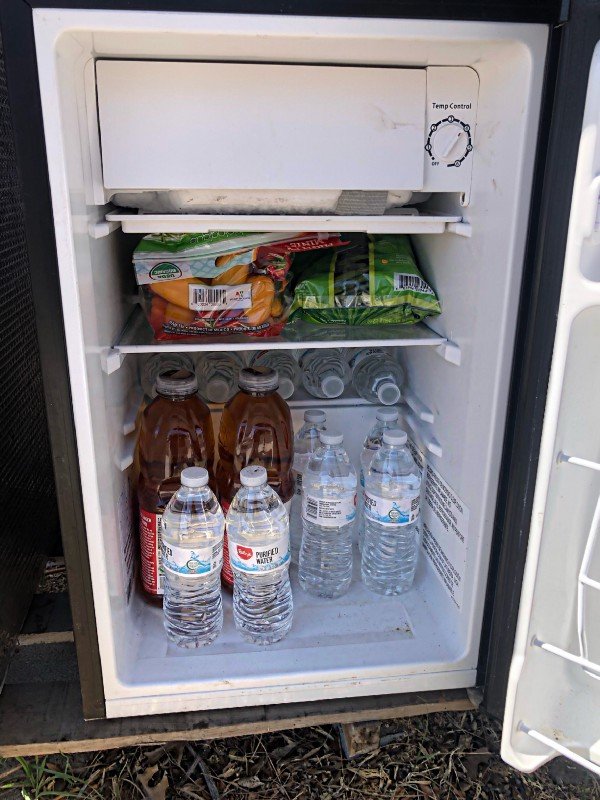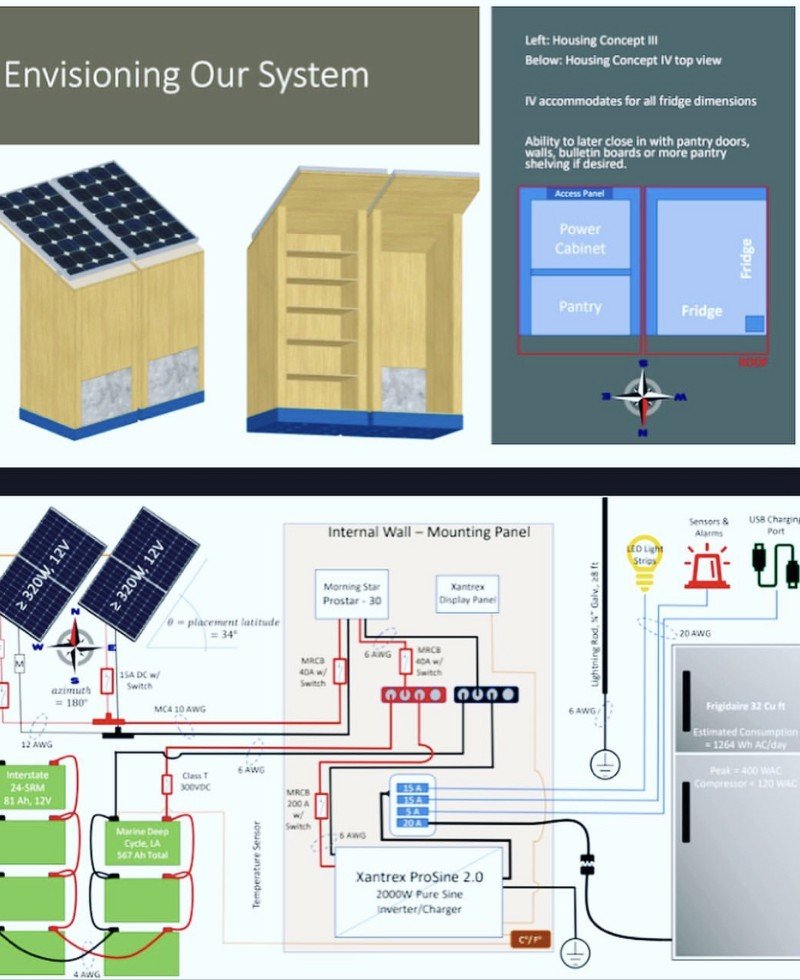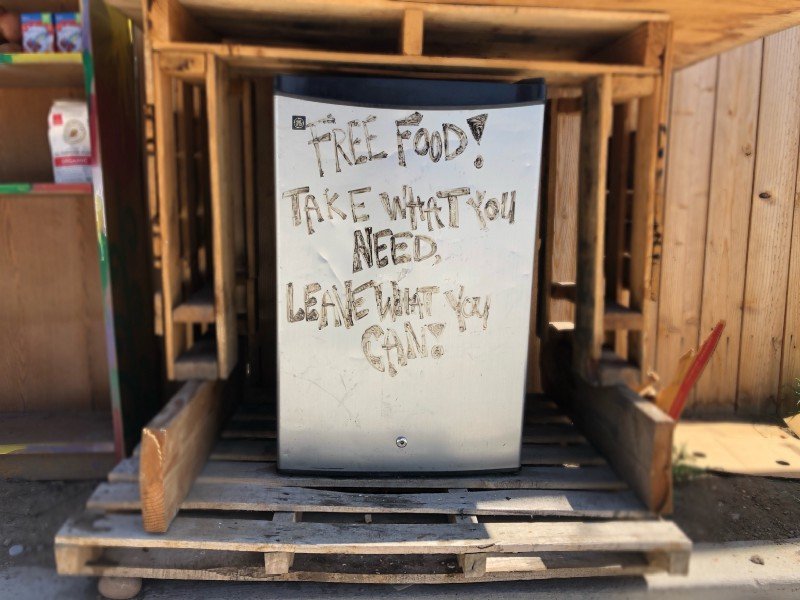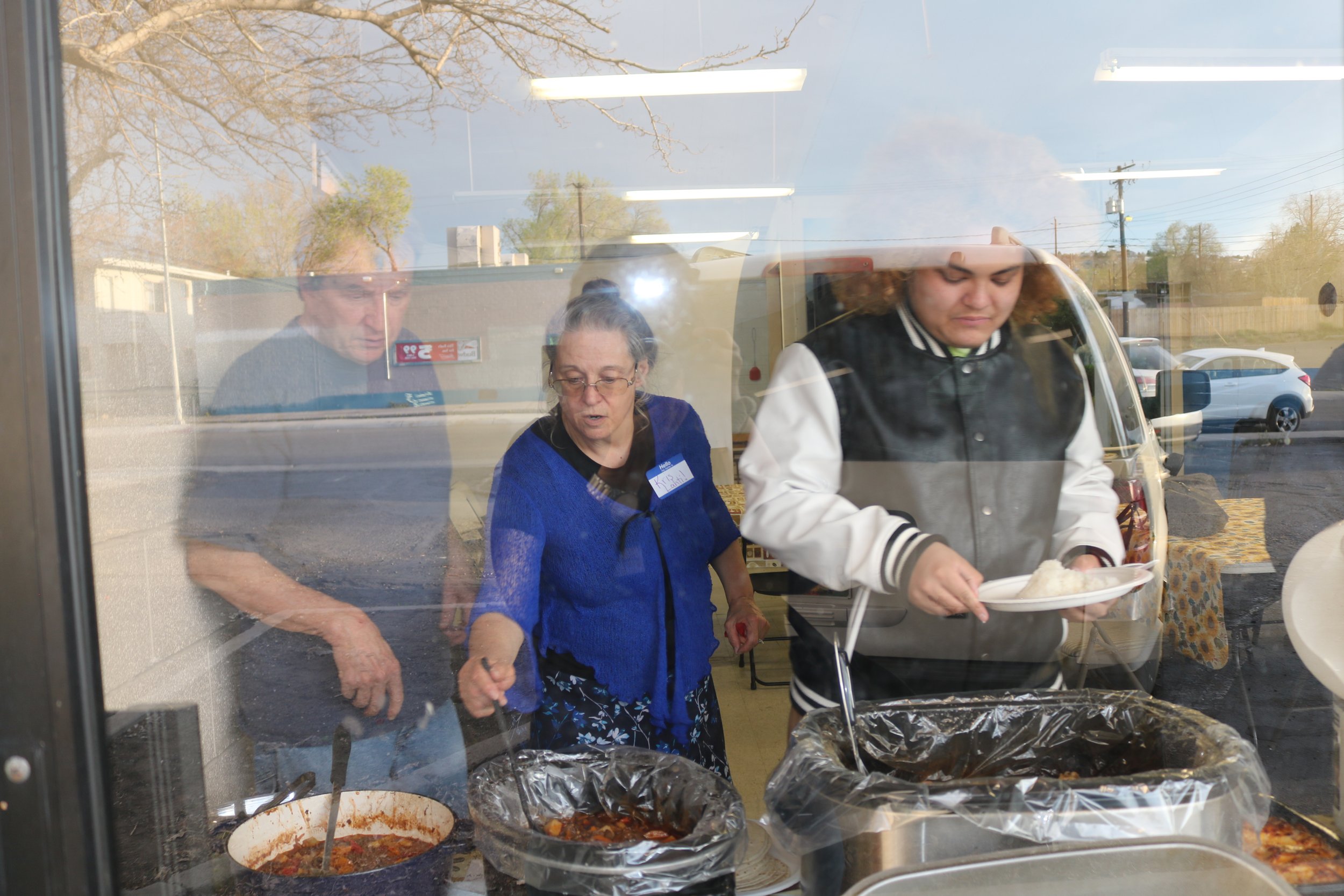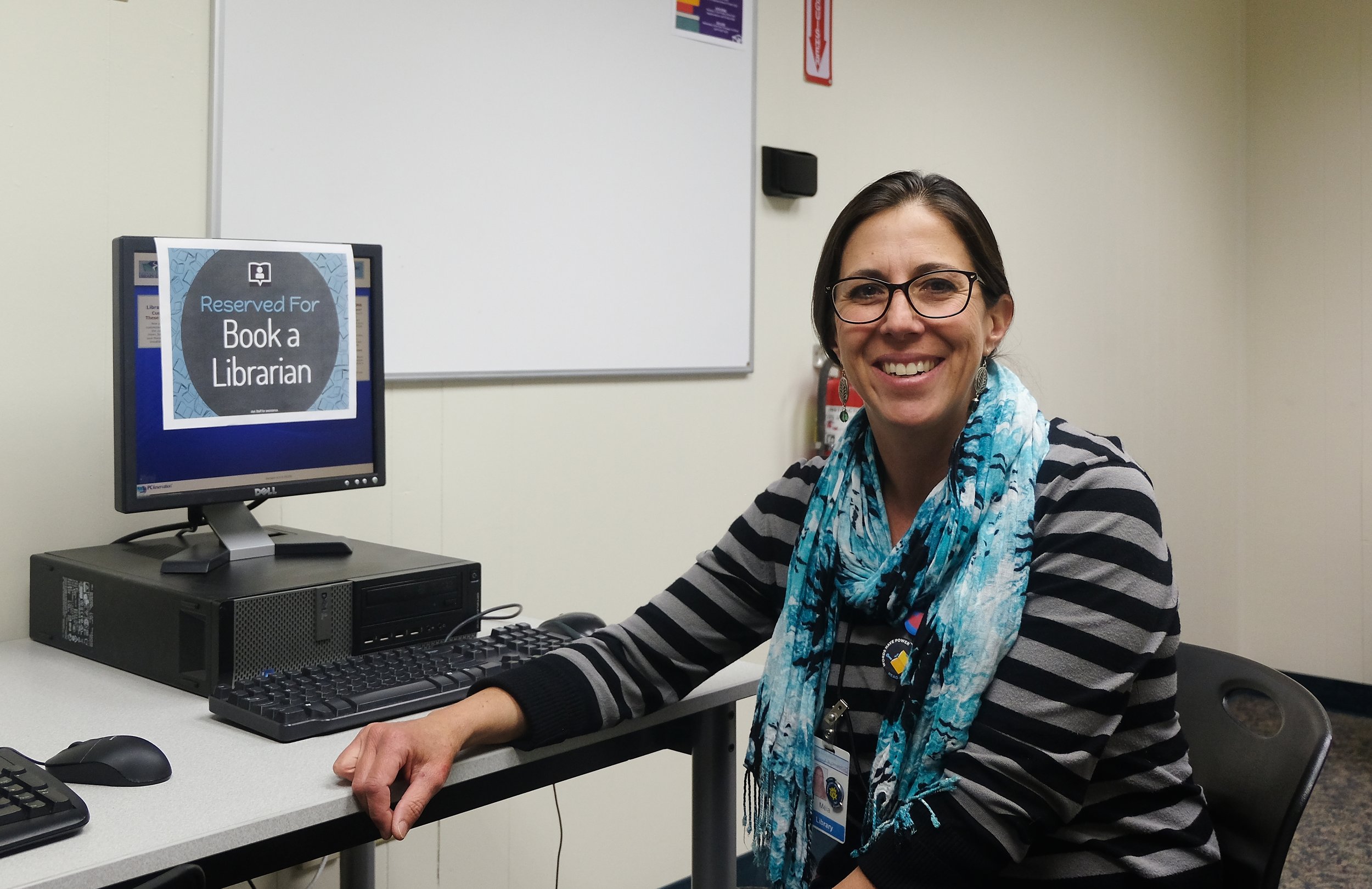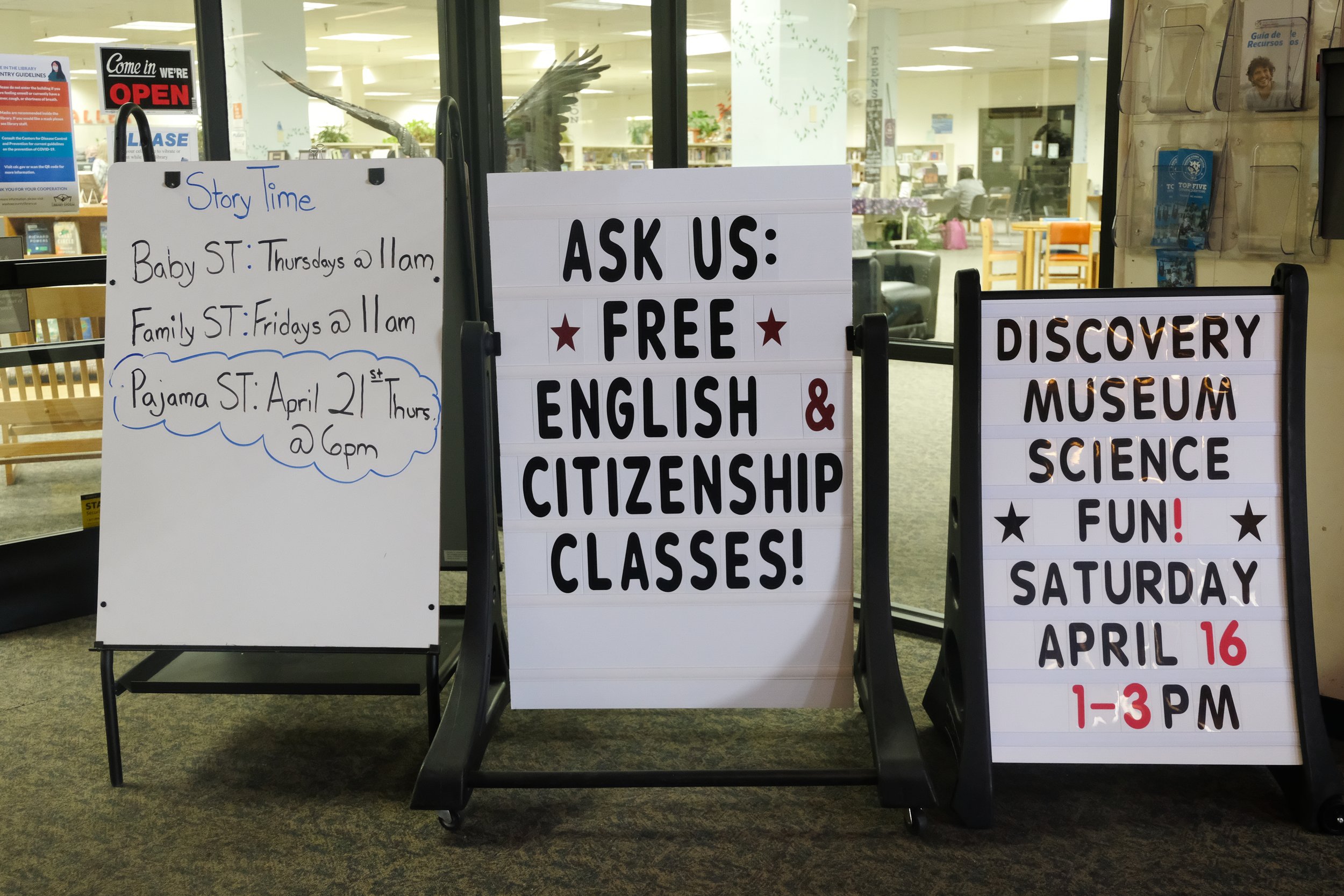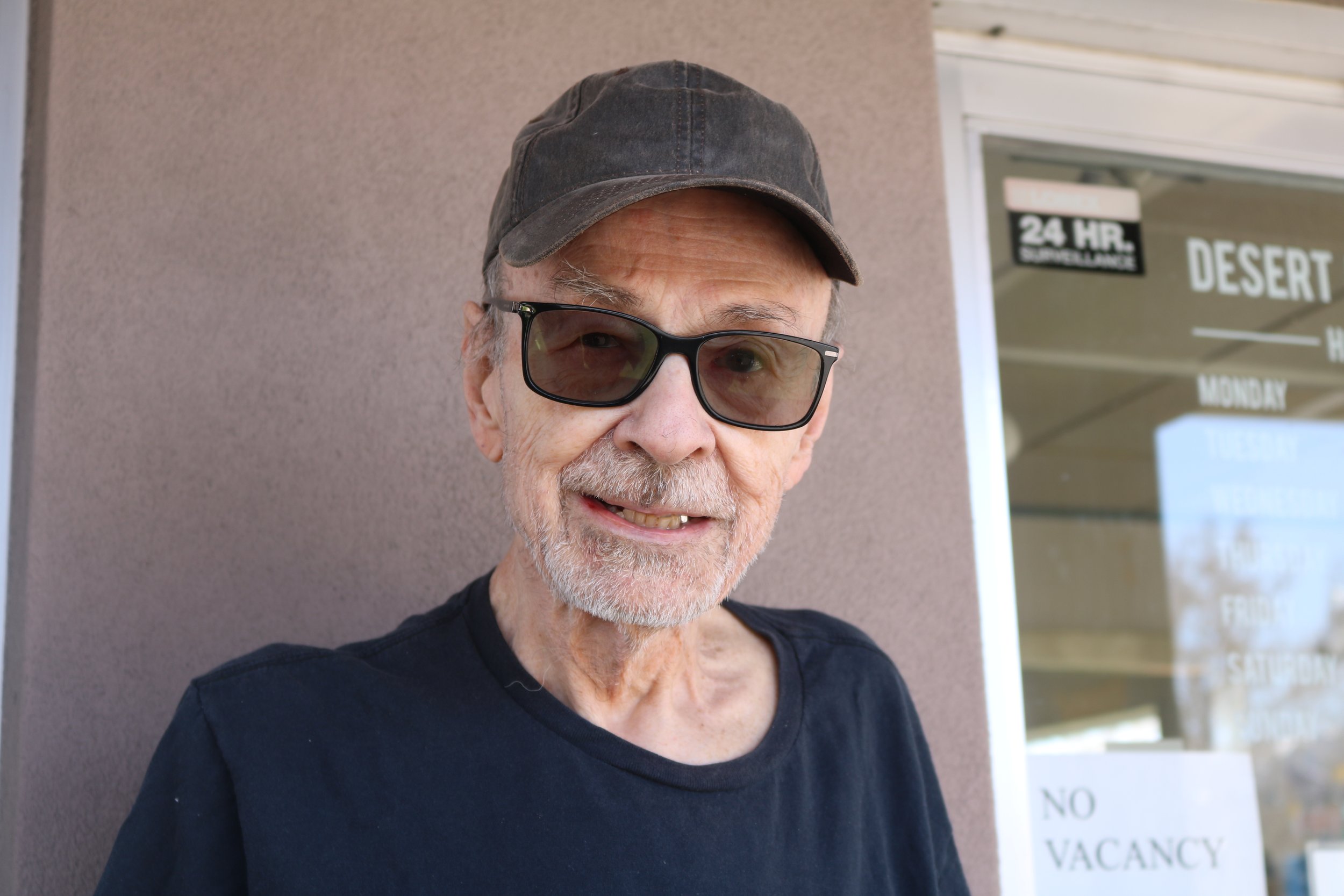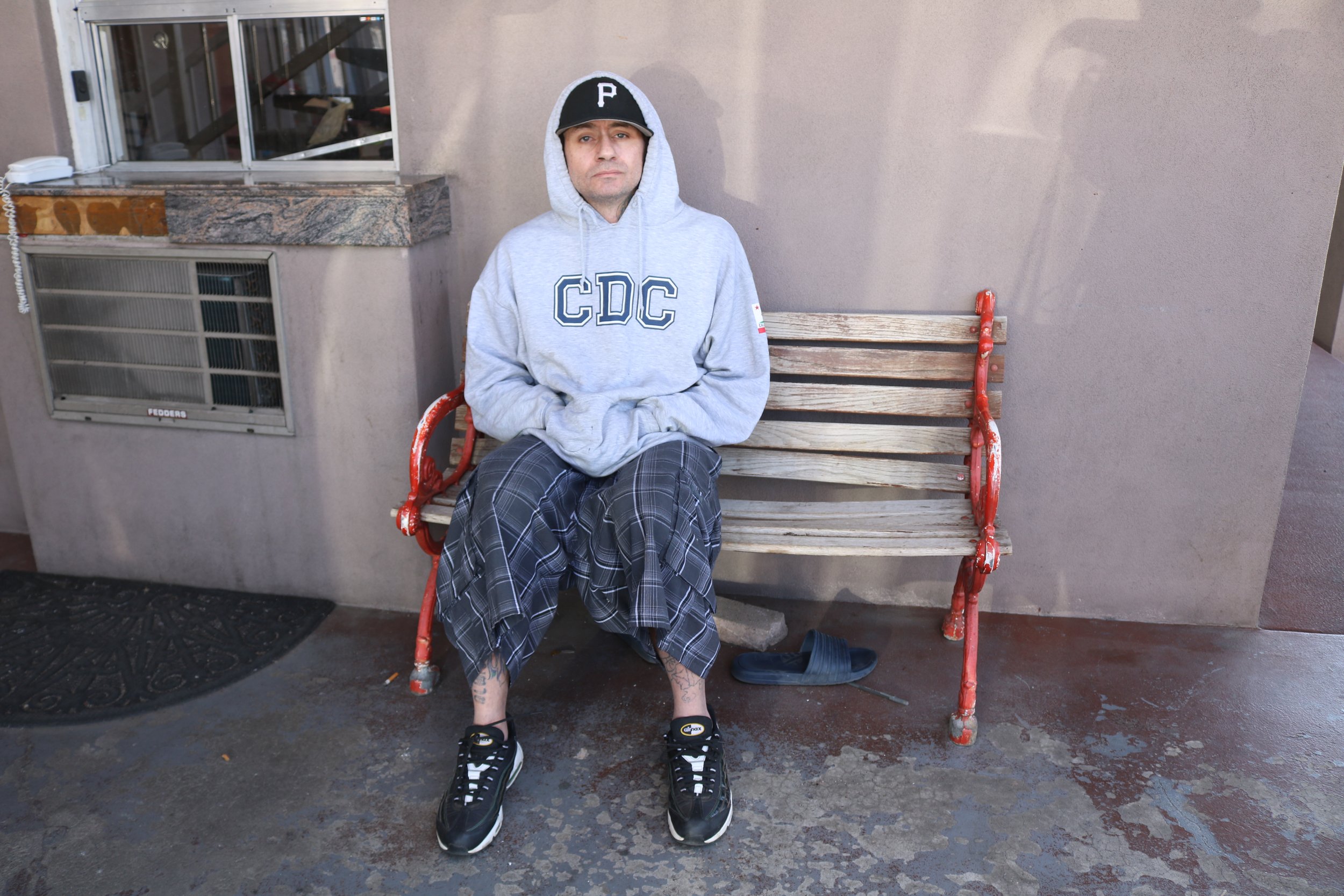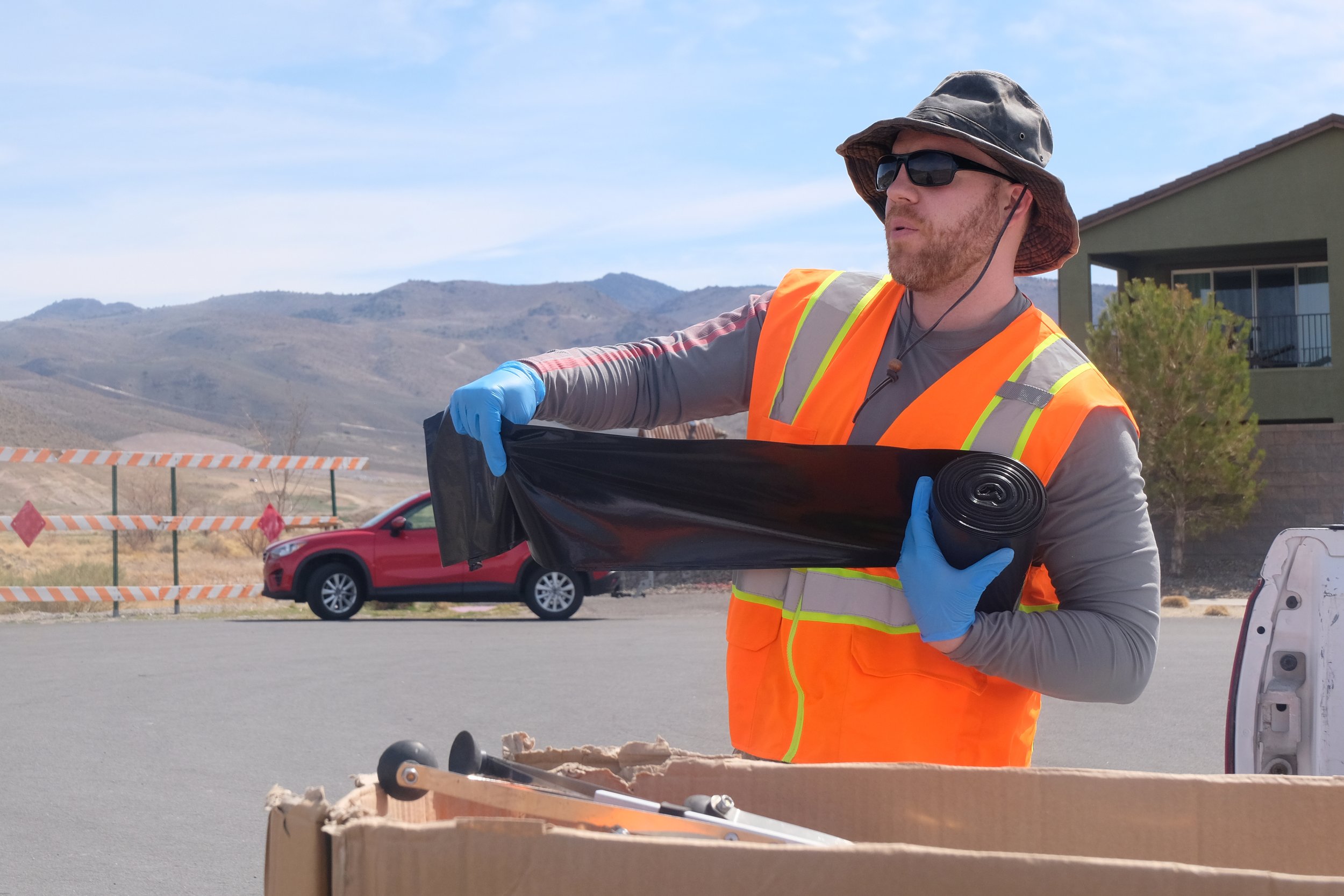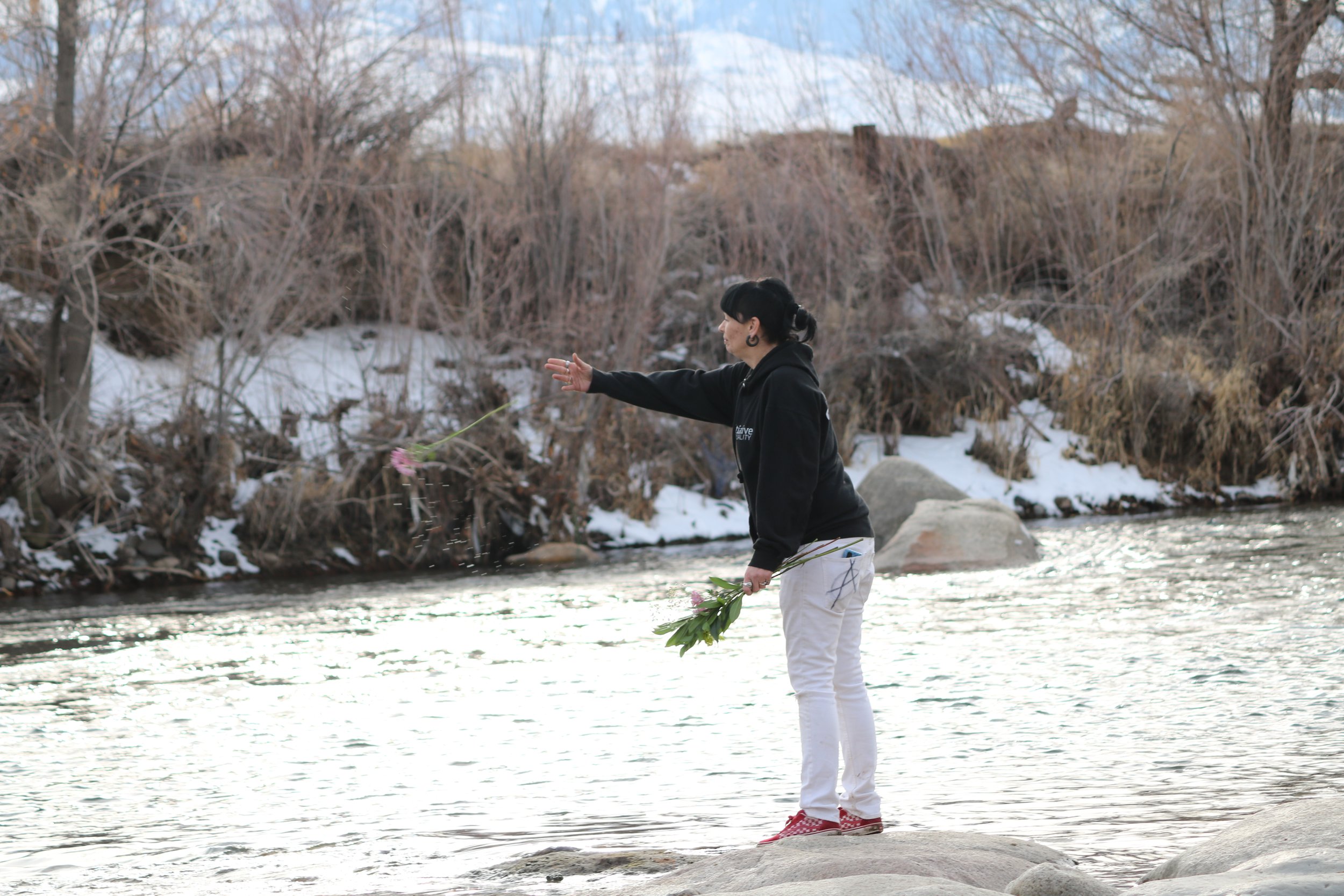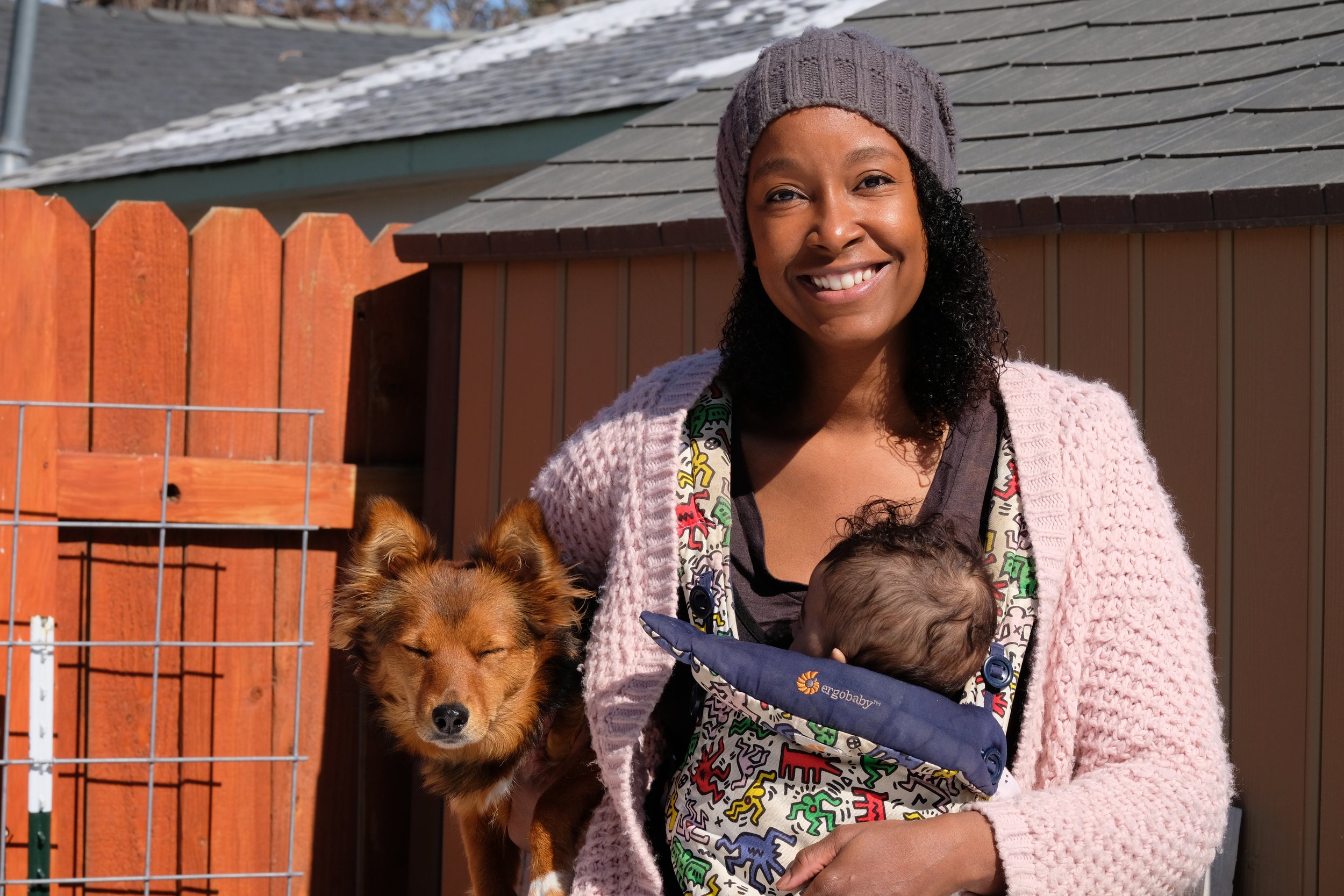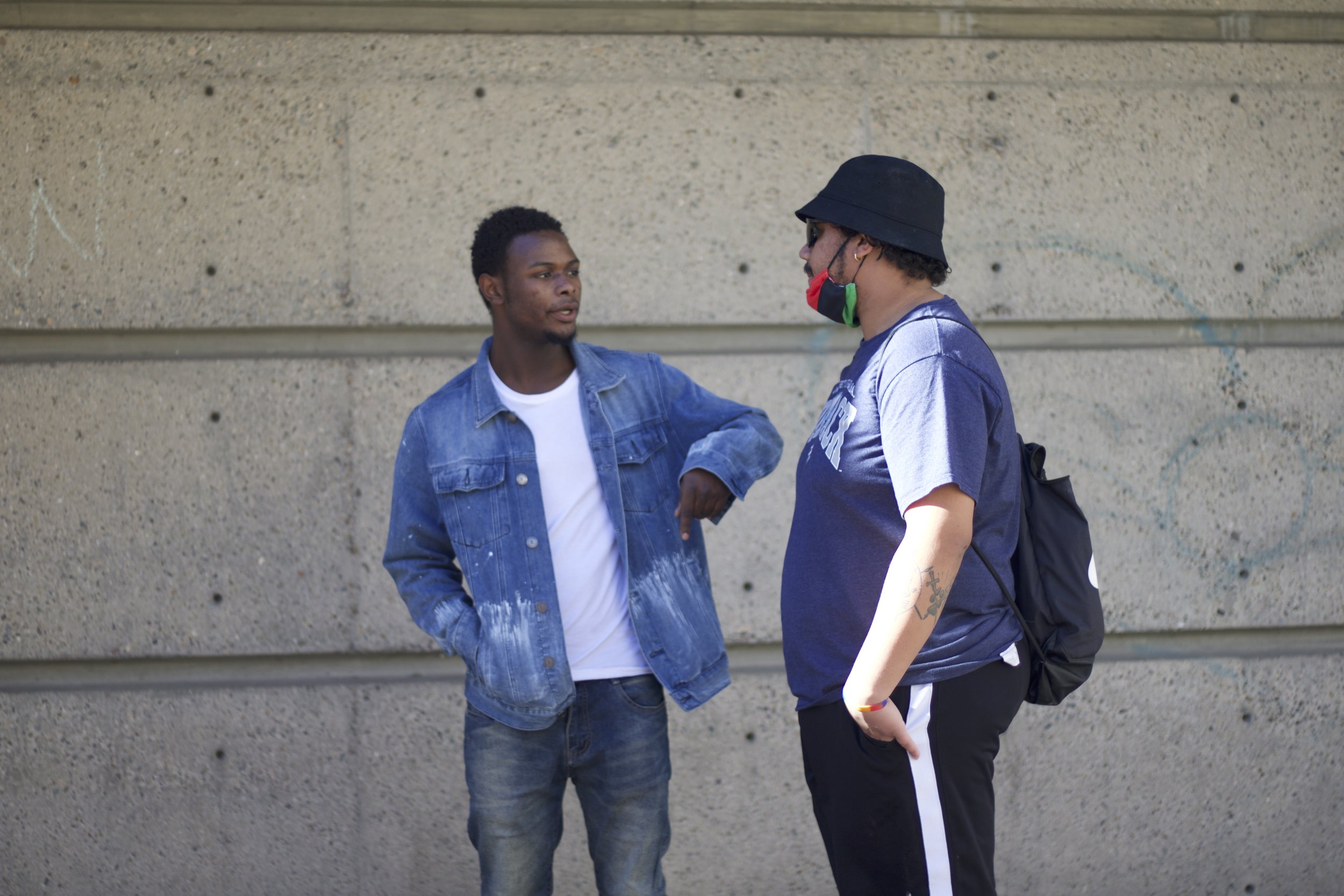40-year-old mayoral candidate Judi Rought wants to get the infrastructure, “the bones of the city” in a better place after which she says she would focus on making it “pretty”.
“I know that Hillary Schieve has done a good job of making things pretty. She wants us to be a welcoming community,” she told Our Town Reno of the incumbent she is running against in a crowded field.
“And I completely agree with that. But I feel a little bit like Reno is a flipped house, that someone bought a house, as [cheaply as] they could, they put in substandard materials and slap some paint on it to make it look pretty. But when you walk across the floor, it bubbles and bounces. The sink is still leaking underneath the cabinet. And there's not properly grounded electrical in the house. So there's all these things like wow, it looks really pretty when you walk in. And then you start seeing all these problems.”
One of the big reasons why Rought says she wants to run for mayor is because she feels Reno is being reactive rather than proactive, which she points out on her campaign website and reiterated during our interview. “With all of the growth that we've had the last few years, as people have finally realized we have a beautiful community, and this is a great place to live, we've had so much growth that we have not been able to keep up with it. And we probably weren't really keeping up with it beforehand,” she said.
Rought was born and raised in Reno and had been away from the city for a while to pursue her education and career. Having initially earned an MBA at Friends University, a Christian University of Quaker heritage in Kansas, she is also now a Certified Management Accountant. She explains that’s a good certification for a mayor to have, to be able to plan better for the future of Reno.
“Certified Management Accountants focus forward, we're looking at projections and budgets, and why didn't we meet the budget, and let's dig in and find out why we're not making the money that we thought we were going to be making or what's causing the hiccup, did we have a bad budget? Or did we have too much overtime, for example. So a lot of what I do is focusing on forward planning and the future,” she said.
Rought handed out pink campaign garb at a recent campaign fundraising event.
Rought suggests that one of the best ways to aim for more affordable housing is probably to have higher taxes to lead to solutions. She admits this might not be popular, but explains at length this might also be common sense.
“If the city is hurting for money and we need to be able to continue supporting the city, if the government is hurting for cash and we need to support more programs and be able to supplement landlords from an affordable housing standpoint, then we need to have the money come from somewhere.” she said.
“And that is unfortunately the easiest fix. It is in general that Nevada has a low tax rate. Overall, we don't have income taxes. We don't pay tax on food. The property taxes and everything like that are significantly lower than a lot of other areas, which is why so many people are coming here, but do need more money so that we can do more for the community. That might be the best place to look for it. No one likes that answer. No one wants to hear more taxes. And it's weird to hear someone say someone from a financial background who claims to be responsible to say, well, we need more money. This is where we're gonna get it from. It's weird to hear it. And no one's going to want to vote for me for that concept. And I understand that, but that might be the place that we need to do it from for a long term solution.”
An avid runner, Rought is also a running coach for girls. She also advocates for more healthy communal events.
Better internet service across the region would also be one of her priorities.
“What if we had something like citywide wifi? Now, paying for that again, of course, is the first question. How do we pay for it? So my thought is, since we do have a moderate to low amount of debt that the city has right now, we can take out a bond like a 20-year bond, which are normally very low interest rates. And … we work with the city of Sparks and Washoe County as well. So we can get as much of the area covered as possible. And that's how we pay for the infrastructure for something like citywid wifi. And then from there, instead of asking residents to pay the $65 a month or whatever, they're paying their internet service providers, we can then charge maybe $40 a month. And that income will go to paying back the bond over the 20 years.”
She realizes some of her visions could be seen as radical, expecting initial pushback. “Now, I think that one's gonna be a big fight for me to get past a lot of places. There's gonna be a lot of red tape with that one, but it is another idea I have, because I really do believe that the internet needs to be a standard utility,” she said.
As a mayor, Rought thinks more access to the entire community from the city’s leader is paramount.
“I could do something like a Facebook Live where once a month, people can just talk to me and will manage it that way so they can ask me questions and I can go through and go, okay, that's a great question. Let me dig into it. And then we can go from there…. I need to be accessible for other people to come tell me, ‘Hey, have you heard about this weirdness going on over at X you know, this is something that's been a perpetual problem and we're worried about it.’
I definitely wanna be accessible and I drive a pink VW Beetle. It's pretty hard to miss me. At this point in time, I'm waiting for people to start honking at me going, ‘Hey, there's that pink chick running for mayor again.’”

